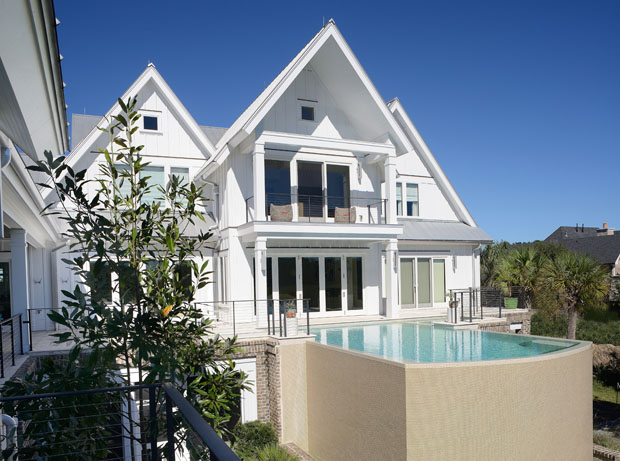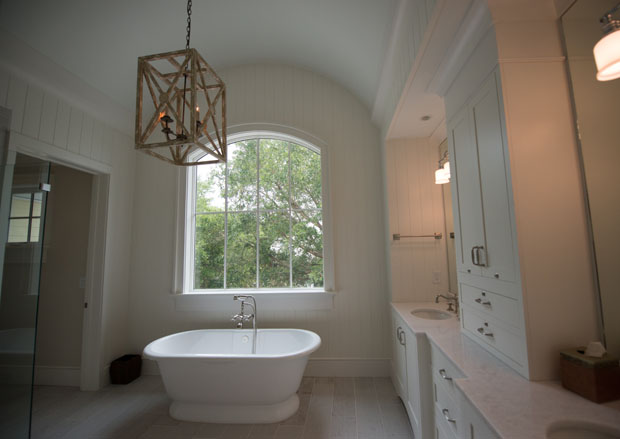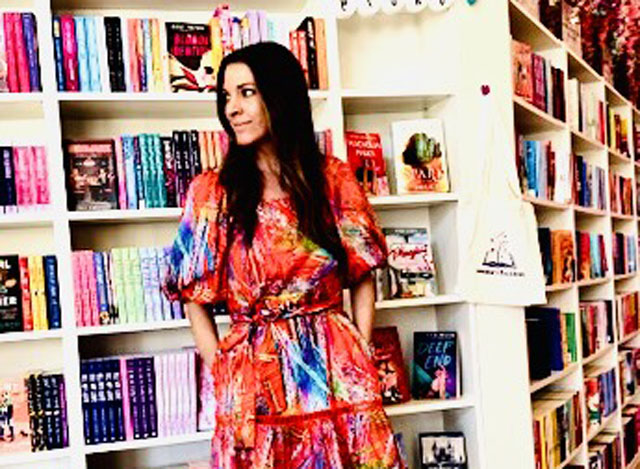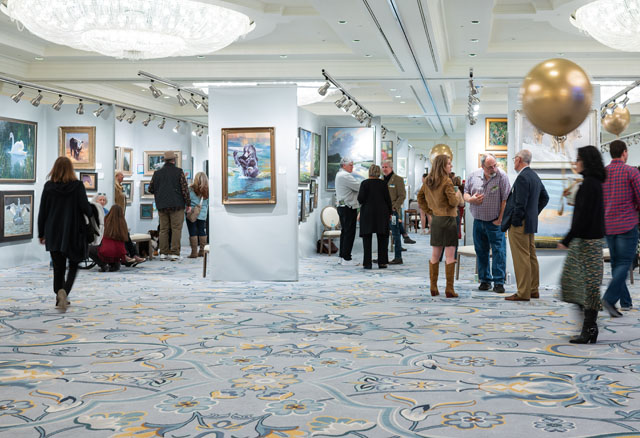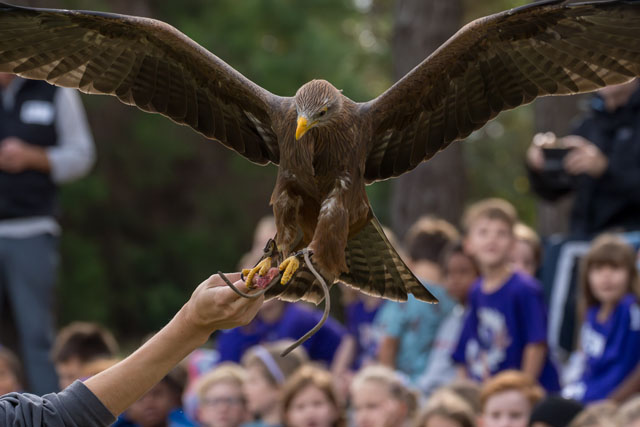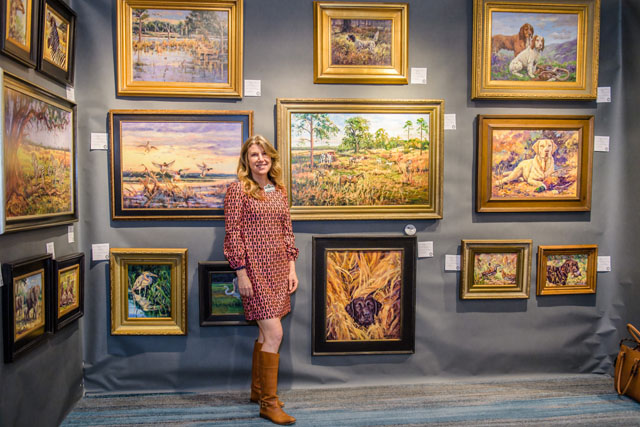Lowcountry Teutons
15 Jan 2016
Charleston’s German heritage celebrates 250 years as the second oldest German society in America
By SUZANNAH SMITH MILES
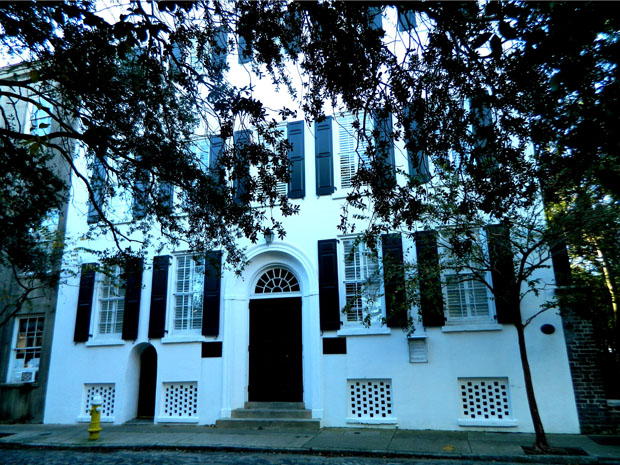
Like the French Huguenots, Scots, Irish, and Sephardic Jews, the Africans from Senegambia and the English from Bermuda and the Caribbean islands, the German-speaking people who immigrated to Carolina came early, joining the polyglot of melding cultures that would quickly make Charles Town the most cosmopolitan city in the New World.
Some, like the Palatines of the early 1700s, came for religious reasons. Others moved to Carolina from wanderlust or to take advantage of the limitless possibilities of the New World. Some came with wealth; others arrived in bondage as indentured servants. They hearkened from all parts of Germany, Prussia and the German-speaking areas of Switzerland and France. They readily adapted to the language and customs of their new country and soon became a fundamental thread in the unique fabric that made up Charleston’s multi-national culture.
Many, such as ironworker Christopher Werner, were talented artisans. Others like Dr. John Bachman and Christian Hanckel were renowned clergymen. Johann Siegling brought 150 years of music to Lowcountry society. Their names are now familiar “old Charleston” families – Horlbeck, Lesemann, Stelling, Schroder, Tiedeman, Hollings, Brandt, Prause, Lilienthal, von Kolnitz, Momeir, Renken, Mappus, Shachte, Schirmer, Ohlandt, Franke, Kornahrens, Wieters and Westendorff – far too many to include here. Nor is it possible to list all the remarkable contributions they have made. They all share a common bond of being descendants of German-speaking people.
One of the most enduring legacies of this heritage is the German Friendly Society which celebrates its 250th anniversary this year. Founded in 1766 by Michael Kalteisen with fifteen other German immigrants, it is the second oldest German society in America, behind Philadelphia’s German Society of Pennsylvania, established only two years earlier.
Like the Hibernian Society and its Irish origins and the St. Andrew’s Society from Scotland, the German Friendly Society sought to preserve German heritage while helping those in need. It also helped ease the transition of new arrivals into the community. As one 19th century news article noted, German newcomers “did not, in effect, step onto terra nova when they set foot in the Lowcountry. Their way had been prepared – they were being warmly welcomed into an already-settled family.”
Members of the society have included dozens of distinguished and well-known Charlestonians. The eminent cabinet-maker Jacob Sass (1750-1836) springs to the forefront. Born in Hesse, Germany, Sass came to South Carolina in 1773. His brilliance as a furniture craftsman was immediately recognized and he soon became a respected, involved citizen. Sass gave his wholehearted support to his new homeland during the Revolution, serving first with the German Fusiliers and later with General Francis Marion’s partisan rangers. Sass married Dorothea Vielham, the daughter of a German planter from Goose Creek, and among the couple’s descendants were Charleston merchant and diarist, Jacob Frederick Schirmer and author and historian, Herbert Ravenel Sass.
As Sass was making the furniture that graced the interior of Charleston dwellings, the Horlbecks were designing and erecting the buildings, themselves. Brothers John and Peter Horlbeck were already accomplished architects in Germany before coming to Charleston in the 1760s. They and their children built some of the city’s most important buildings, including the Old Exchange Building and St. John’s Lutheran Church.
The progenitor of Charleston’s well-known Siegling family was Johann Zacharias Siegling (1789-1867), a native of Erfurt, Germany. Siegling had worked in Paris learning the specialized craft of making musical instruments before emigrating to Charleston. In 1819 Siegling established the Siegling Piano Ware House, later known as Siegling Music House, which provided Charlestonians with pianos, musical instruments and music for over 150 years.
The Siegling family is an ideal example of how quickly those with German roots became part of the Charleston community. Johann Siegling was married to Maria Schnierle, whose brother, John Schnierle, became the first German mayor of Charleston in 1842. Their daughter Marie became a composer. Son Henry took over the running of the music house. His brother Rudolph became a successful lawyer, served in the South Carolina legislature, was a bank president and publisher of the Charleston News & Courier. Today, descendant Henry Siegling remains a stalwart member of the German Friendly Society, rarely missing a Wednesday meeting.
Indeed, the positive contributions the early German Charlestonians and their successors brought to Lowcountry life cannot be overestimated. They came with an eagerness to share their talents and a willingness to embrace the language, customs and traditions of their adopted homeland. They rank among the best of those in the historic melting pot that ultimately created the Charleston we know today.

